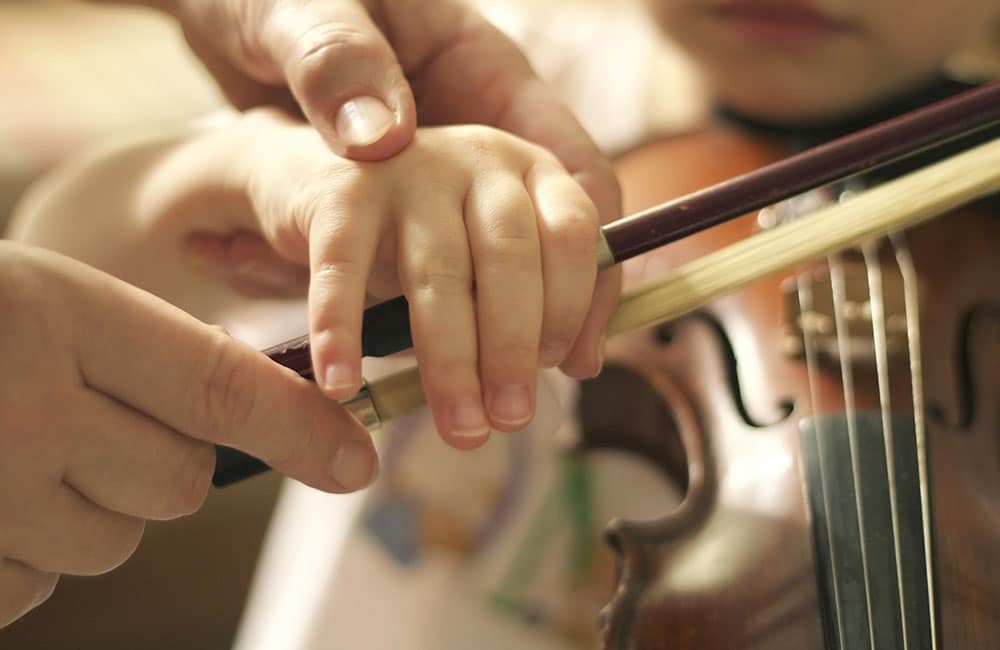Dear Alma, My pupil’s parents are pestering me
OrchestrasDear Alma,
I am a private teacher and am having trouble managing the parents of a talented student. They contact me several times a week with specific technical questions, which takes a certain amount of time to respond to. They also come to the lesson (often both parents as well as the grandmother) and keep a steady string of comments going throughout the lesson, telling the student how to hold themselves, technical reprimands. It’s very difficult to teach the student and the family doesn’t get the hints that I am dropping. I like this student and they are doing very well.
Claustrophobic
Dear Claustrophobic,
This is not an uncommon occurrence for students under university age. The pushy, over-involved parents can make it difficult for both student and teacher. Stage parents are a unique breed, and they often are not aware that they are making your job difficult – they actually think they are being helpful! Keep this in mind and it will fend off the natural instinct to lose your temper.
Talk to the parents and describe the issues you are facing, and how the situation is making teaching difficult for you. Be clear and calm. State that you alone will be speaking to the student in the lesson, and if the parent has any questions, you can answer them at the beginning or end of the lesson. If they have questions, they will be answered during the lesson time, not during the week by email or phone. In addition, only one person besides the student is allowed in the lesson.
If the family would like to be more involved, find ways that they can contribute outside of lessons (helping to organize studio recitals, baking cookies for a reception).
Claustrophobic, begin with these steps and hopefully you can find an optimistic and fruitful way to live forward together.
Questions for Alma? Please put them in the comments section or send to DearAlmaQuery@gmail.com






Comments